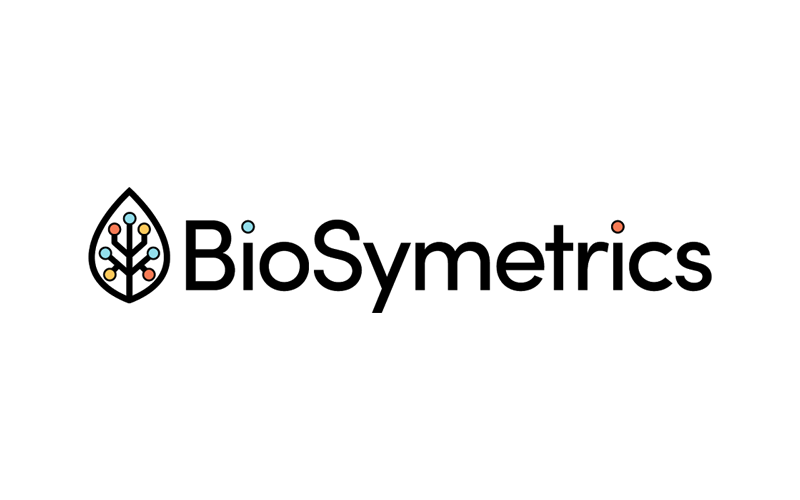Newest component to Augusta AI platform, the first biomedical machine learning framework, enables users to reduce bias, increase speed to market and improve patient outcomes
BOSTON and NEW YORK – October 29, 2019 – BioSymetrics Inc., a biomedical artificial intelligence (AI) company, today announced the release and general availability of the newest workflow component of its Augusta software platform, Augusta Architect. Augusta is the first biomedical-specific machine learning (ML) framework on the market.
The addition of Augusta Architect brings BioSymetrics’ advanced capabilities directly into the hands of the end user. It enables data scientists in hospitals, healthcare systems and pharmaceutical companies to perform fast, effective data pre-processing and ML through the Augusta platform. With the addition of Augusta Architect, they can optimize processing parameters, reducing bias and improving results for drug discovery/development, diagnostics, and precision medicine. Augusta Architect has a simple syntax that allows users to quickly process and integrate multiple, diverse datatypes and run or compare multiple ML algorithms.
“Augusta Architect is unique in its focus on efficient pre-processing, enabling more transparent model building in biomedicine,” said Dr. Eric Schadt, founder and CEO of Sema4. “We’re excited to be users of the platform.”
Augusta, which launched in 2017, is designed to increase precision and shorten timelines for R&D innovations and discovery. The platform operates across three core modules – Augusta Pre-Processing, Augusta ML and Augusta Architect – and the addition of Augusta Architect allows simpler workflow generation integrating both the pre-processing and ML components. This reduces the time required for users to program the flow of data from ingestion through output.
“Augusta Architect uniquely allows optimization of the entire data science workflow, from pre-processing to machine learning,” said Gabriel Musso, Chief Scientific Officer for BioSymetrics. “Data scientists can devote more of their time to building effective models, and have more confidence in their quest to bring new drugs to market, make faster and more accurate diagnoses, and improve patient outcomes.”
Matt Hickey, founding director of the innovative UK-based health technology company Intacare, said, “We are committed to the effective research and development of precision datasets for predictive analytics to better showcase cancer outcomes for our clients, who demand efficiency as they seek to bring cost-efficient healthcare to their patients. Augusta has supported us in a variety of projects in different settings. In health insurance, BioSymetrics saved us months of man hours and approximately $6.4 million (£5-million) annually through a new cancer service cost-code conformity model. In healthcare research, BioSymetrics has helped us identify correlations between multiple patient-reported outcome measurement (PROM) tools and clinical parameters associated with patients being treated with brachytherapy for prostate cancer, ultimately resulting in the development of a short-form digital PROM with high diagnostic and predictive qualities. Typically, both projects would have required us to perform intensive manual data pre-processing. However, the use of Augusta enabled the company to drive faster, more accurate and meaningful innovation.”
For more information on the Augusta platform, please visit www.biosymetrics.com/augusta. To request a demo of Augusta, including the new Augusta Architect workflow component, please visit www.biosymetrics.com/demorequest.





